Partners
The Bringing them Home website and education resources were developed by the Australian Human Rights Commission with support from the Aboriginal Child, Family and Community Care State Secretariat and the Australian Government Department of Education and Training.
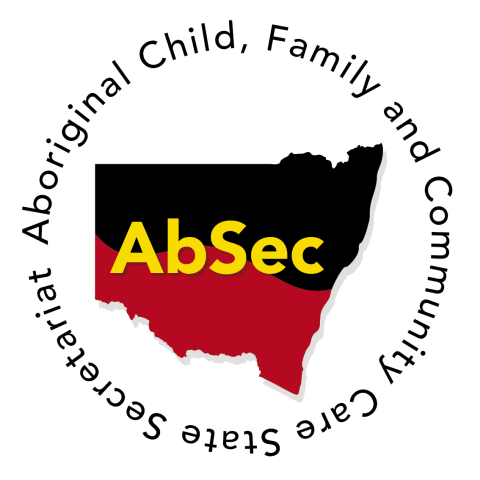
The Aboriginal Child, Family and Community Care State Secretariat (AbSec) is the peak Aboriginal child and family organisation in NSW caring and advocating for Aboriginal children and families, as well as the Aboriginal organisations that support them. We provide support for communities and policy advice to government on issues affecting Aboriginal children, young people, families, communities and organisations.
Our vision is that Aboriginal children and young people are looked after in safe, thriving Aboriginal families and communities. Our kids should be raised strong in spirit and identity, with every opportunity for lifelong wellbeing and connection to culture through Aboriginal community controlled organisations
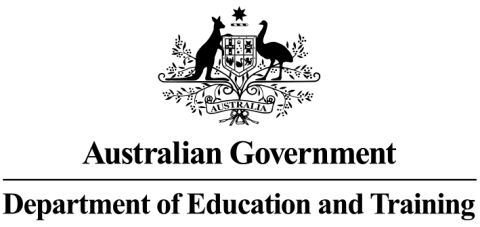
The Australian Government Department of Education and Training is responsible for national policies and programs that help Australians access quality and affordable early child care and childhood education, school education, higher education, vocational education and training, international education and research.
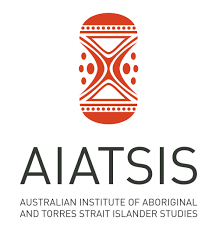
The development of the Bringing them Home website would not have been possible without the support of the project’s reference group
The Australian Institute of Aboriginal and Torres Strait Islander Studies (AIATSIS) is a world-renowned research, collections and publishing organisation. AIATSIS promotes knowledge and understanding of Aboriginal and Torres Strait Islander cultures, traditions, languages and stories, past and present. They care for a priceless collection, including films, photographs, video and audio recordings as well as the world’s largest collection of printed and other resource materials for Aboriginal and Torres Strait Islander studies. AIATSIS undertakes and encourages scholarly, ethical, community-based research in a variety of sectors, including health, native title, languages and education.
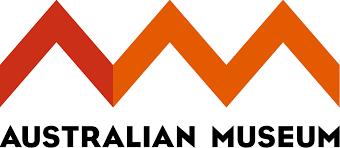
The Australian Museum (AM) is custodian to a collection of over 18 million natural history specimens and cultural artefacts from Australia and the Pacific Region. The AM cares for over 20,000 ethnographic objects and one million archaeological artefacts representing the cultures of Aboriginal and Torres Strait Islander Peoples. The collection is comprised of a wide range of objects, including weapons, body ornaments, tools, bark paintings, toys and contemporary art and sculpture from all across Australia.
The First Australians galleries, Bayala Nura: Yarning Country and Garrigarrang: Sea Country, showcase more than 300 rare and unique objects, many of which have not been publicly shown before, from tools and adornments to film and contemporary art. Bayala Nura celebrates the diversity of Aboriginal and Torres Strait Islander cultures, where shields, spears and weavings complement a large bark canoe created using traditional techniques especially for the Museum’s collection. The striking array of designs and technologies on display connects cultures to Country, sparking new conversations about embracing cultural diversity in contemporary Australia. Garrigarrang reveals the diverse spiritual beliefs, values and complex knowledge systems that continue across Australia today. Through themes of connectivity, continuity, resilience and sustainability, this multi-sensory exhibition explores many Aboriginal cultural perspectives; from the creation stories and whale ceremonies of south coast NSW to the sustainability and conservation practices in the clear turquoise waters of the Torres Strait.
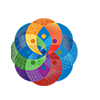
The Healing Foundation is a national Aboriginal and Torres Strait Islander organisation that partners with communities to address the ongoing trauma caused by actions like the forced removal of children from their families. They work with communities to create a place of safety, providing an environment for Stolen Generations members and their families to speak for themselves, tell their own stories and be in charge of their own healing. The Healing Foundation is also leading the way in research in to Indigenous healing. They support locally-run projects, training and education, research and commemorations.
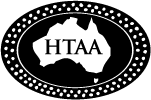
The History Teachers’ Association of Australia (HTAA) provides a forum for discussion and for the exchange of information relative to the teaching of History. HTAA publishes material related to history and the teaching of history; sponsors and supports activities that may assist history teachers and the teaching of history; and conducts programs and conferences for history teachers.
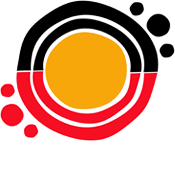
Link-Up (NSW) Aboriginal Corporation was founded in 1980 to assist all Aboriginal people who had been directly affected by past government policies; being separated from their families and culture through forced removal, being fostered, adopted or raised in institutions. Link-Up (NSW) supports the healing journeys of those removed; delivering professional, culturally sensitive and confidential research, reunions and Social, Emotional and Wellbeing services to those over the age of eighteen.

Reconciliation Australia’s program Narragunnawali: Reconciliation in Schools and Early Learning is designed to support all schools and early learning services in Australia to develop environments that foster a higher level of knowledge and pride in Aboriginal and Torres Strait Islander histories, cultures and contributions.
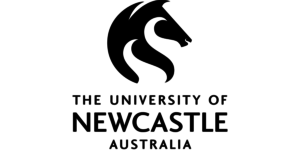
The School of Education at the University of Newcastle offers a vast range of teaching and research opportunities that contribute to the advancement of education at all levels. The School’s mission is to prepare teachers, educational leaders and scholars who strive each day to provide full access to educational opportunity for all learners.
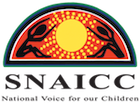
SNAICC – National Voice for Our Children is the national non-governmental peak body representing the interests of Aboriginal and Torres Strait Islander children. SNAICC's vision is for an Australian society in which the rights of Aboriginal and Torres Strait Islander children, young people and families are protected, our communities are empowered to determine their own futures, and cultural identity is valued. SNAICC is a community-controlled organisation, and our members and supporters include hundreds of organisations and individuals working for children’s safety, development and well-being. To progress our goal of strong, healthy, self-determining Aboriginal and Torres Strait Islander children, connected to family and culture, SNAICC offers policy analysis, research, advocacy, training, resources, communications and opportunities for collaboration.
The Australian Human Rights Commission would also like to thank the following individuals and organisations for their contributions to the project:
- Zoe Betar
- Kate Cameron
- Renee Cawthorne
- Terry Chenery
- Paul Gray
- Catherine Jeffery
- Peter Lewis
- Lyndall Ley Osborne
- David Li
- Dr Peter Nolan
- Dr Robert Parkes
- Narelle Rivers
- Riki Salam
- Diana Salam
- Alex Shain
- Madison Welch
- Richard Weston
- Tamika Worrell
- Find and Connect
- Inverell High School
- National Archives of Australia
- National Library of Australia
- State Library of NSW
- Stolen Generations Testimonies
